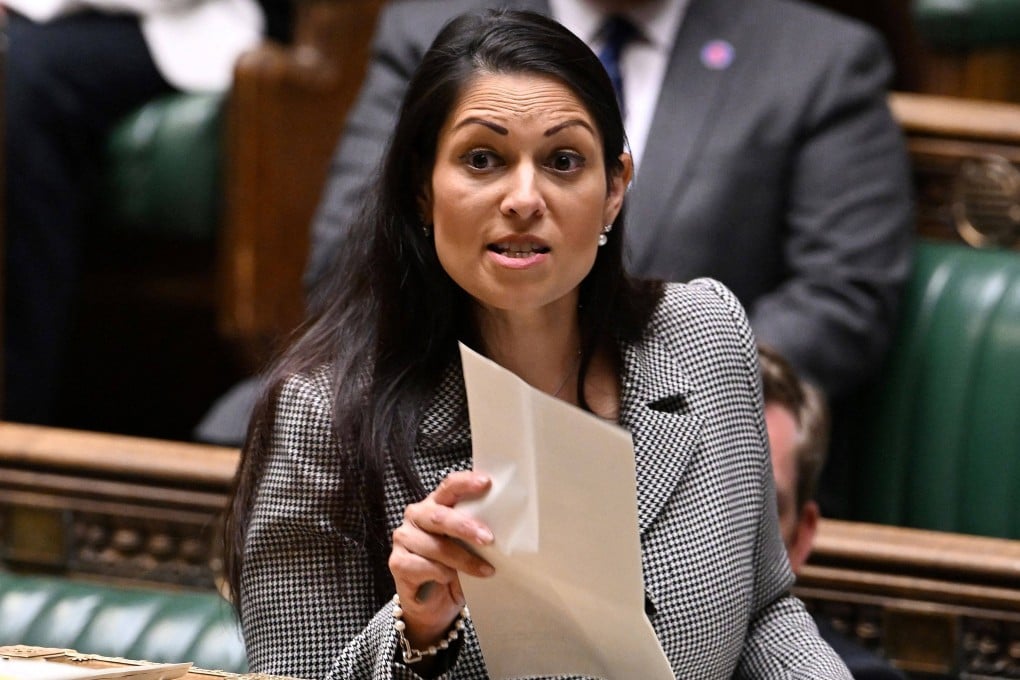UK signals it could exit Europe’s human rights convention after Rwanda deportation ruling
- Britain’s government has refused to rule out abandoning a European human rights pact
- A judge blocked UK’s plan to fly asylum seekers to Rwanda, sparking fury among Conservatives

Britain could pull out of Europe’s human rights framework after last-ditch legal rulings this week blocked the government’s plans to relocate asylum seekers to Rwanda.
Downing Street said all options were on the table and did not rule out withdrawing from the European Convention on Human Rights (ECHR).
Home Secretary Priti Patel told members of Parliament that three of the asylum seekers set to be on the first flight to Rwanda on Tuesday night had their removal blocked by the Strasbourg-based court, which interprets the ECHR.
Asked if the government could withdraw from the ECHR, the prime minister’s spokesperson said: “We are keeping all options on the table including any further legal reforms that may be necessary.
“We will look at all of the legislation and processes in this round.”
Attorney General Suella Braverman echoed that position and said many people would be frustrated at the role played by a “foreign court”.